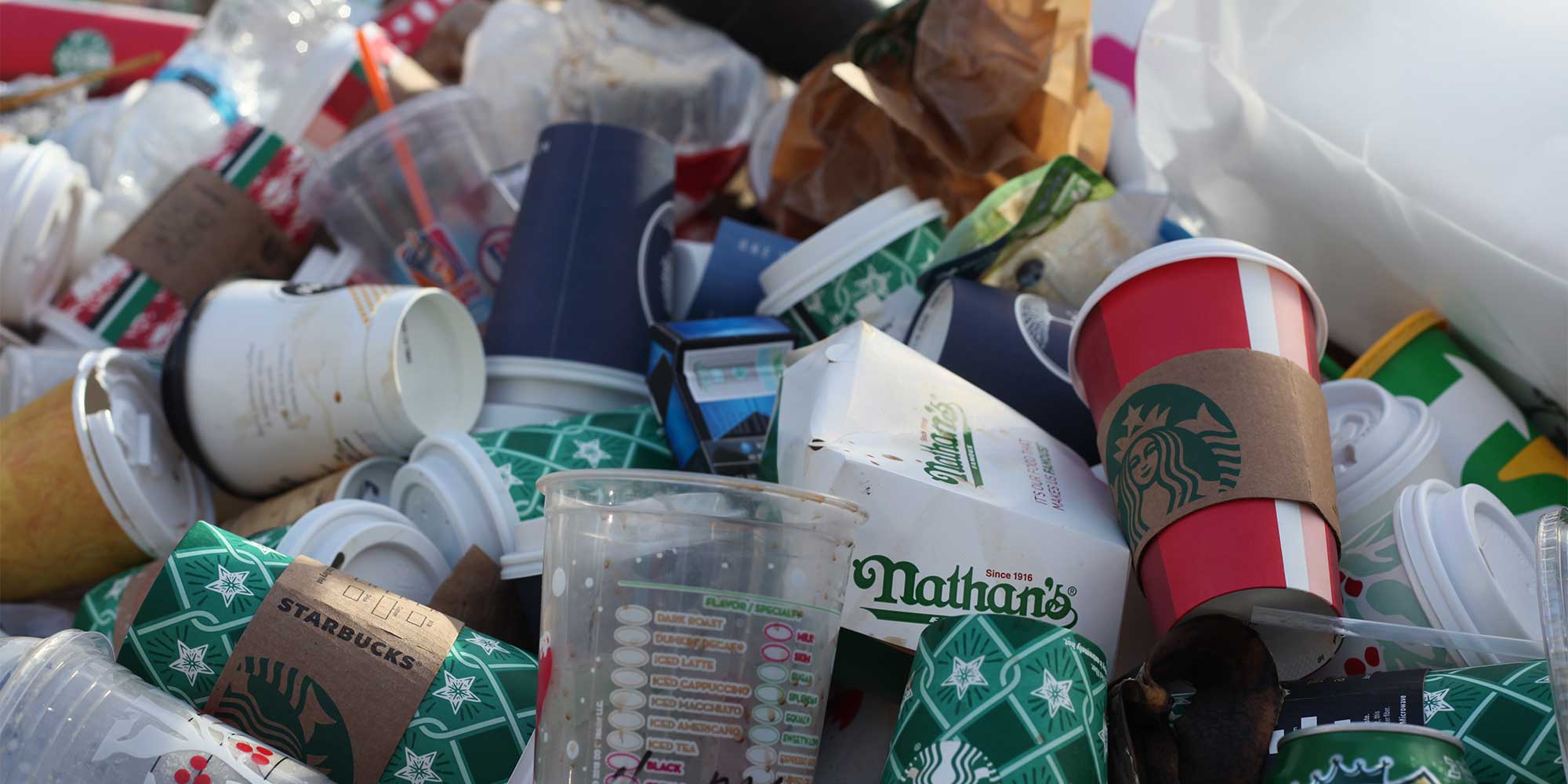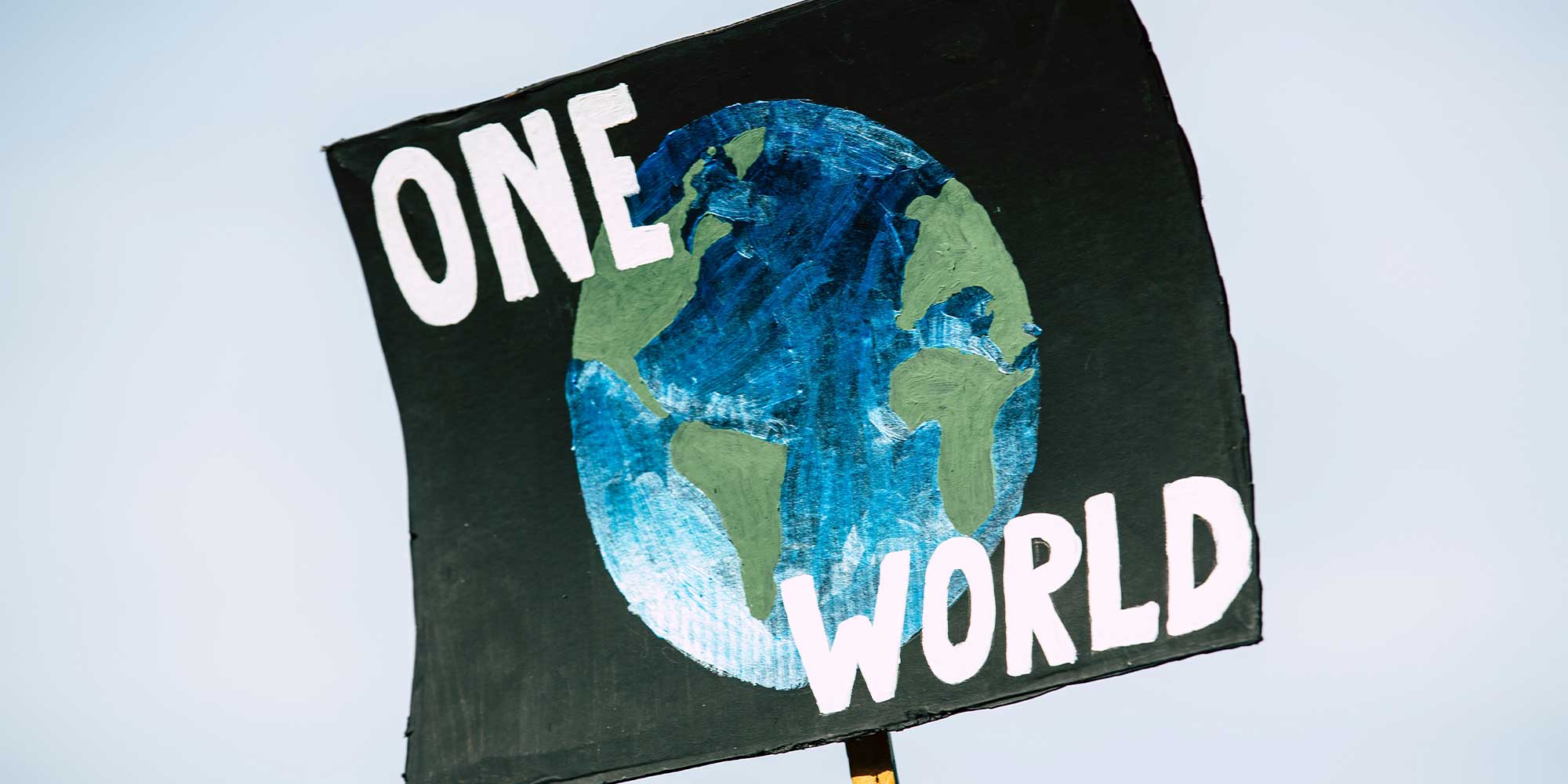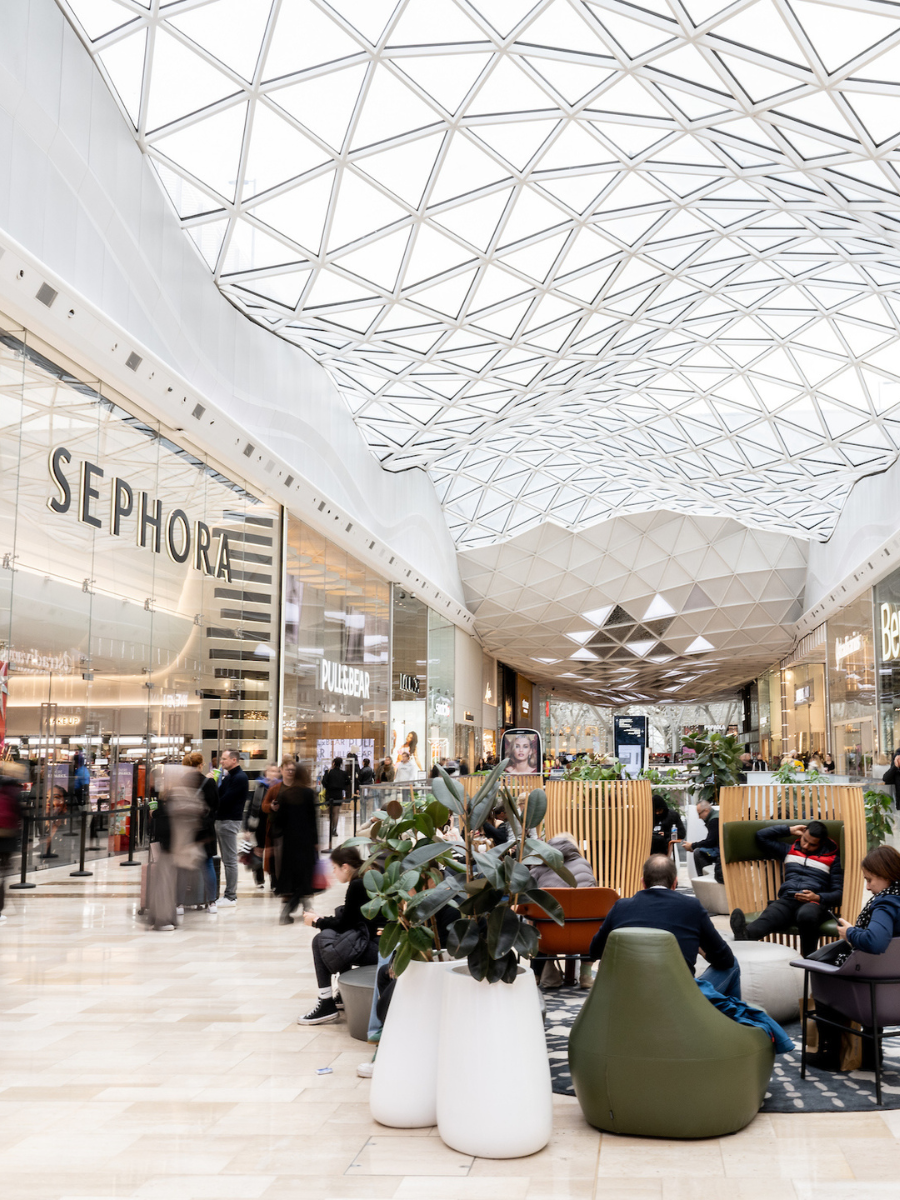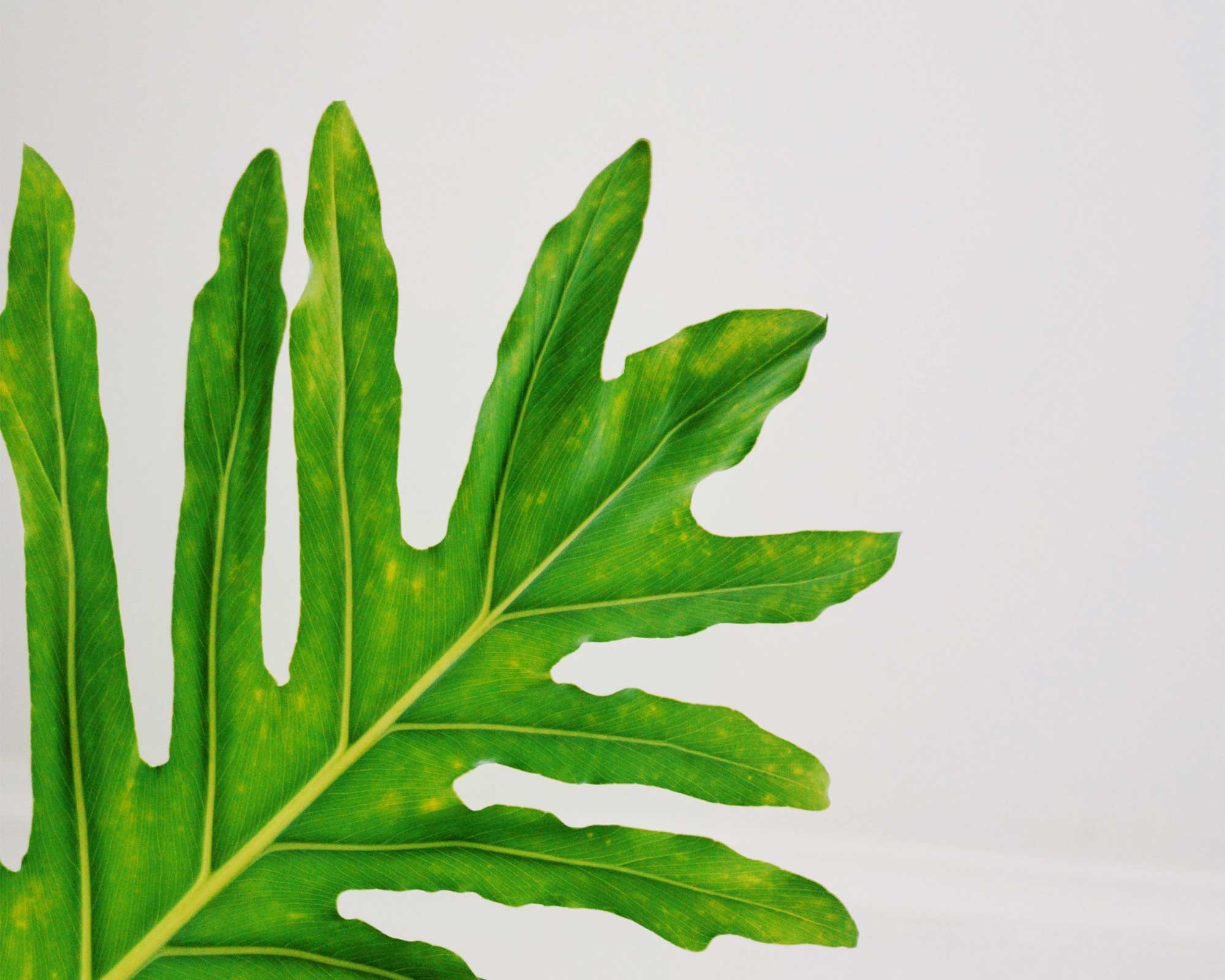When it comes to defining sustainability in a 21st-century context, it’s understandable to get a little confused about what the word actually means. Sustainability is an umbrella term used frequently by activists, governments, and businesses around the world to describe a multitude of things. Because of its popularity, its true meaning can get lost in the noise. Let’s break it down.
In a nutshell, sustainability means ‘the ability to exist indefinitely’. The word sustainability is derived from the Latin word sustinere, which means to hold (or support, maintain, or endure). It is now used to describe how living systems can remain healthy, resilient, and productive over a long period of time. In a world driven by notifications creating instant gratification, 24-hour news cycles, and annual reports, this can be a radical idea.
Some people dismiss the urgency of the need to act sustainably as if it’s just the forests or wildlife being saved. The reality is that our health is intrinsically linked to the wellbeing of the system that we exist in: the natural world. If we are irresponsible and exhaust our natural resources, we are the ones who will feel the consequences the most.
Or as Sir David Attenborough puts it in his new Netflix documentary, A Life On Our Planet, “This is not about saving the planet, it is about saving ourselves. The truth is, with or without us, the natural world will rebuild.”
This is not about saving the planet, it is about saving ourselves. The truth is, with or without us, the natural world will rebuild.
Sir David Attenborough
When we apply sustainability’s definition to living in the present, it means ensuring our own long-term wellbeing, as well as that of generations to come. It’s meeting the needs of the present, without compromising the needs of those in the future.
Day-to-day, that means being conscious of what you consume in different aspects of your life, from fashion to food, opting for regenerative materials instead of single-use materials that create excess waste, and respecting future generations enough to tread lightly and impact the world as little as possible.
There’s no doubt that this requires effort and awareness from us at each step, but after a while, change becomes second nature. Just look at some of the moves already being made that normalize sustainability, from the banning of plastic bags at grocery stores to shoppers using Good On You to research ethical fashion brands.
No matter where you are on your sustainability journey, here’s some easy ways to practice living more sustainably in your everyday actions. Read on to discover 17 sustainable living tips to start the year off right.
Support brands who are sustainable businesses

As a shopper, voting with your wallet holds power. The purchasing decisions you make can have a big impact on whether a brand thrives or fades into obscurity, so it’s important to shop with businesses who are conscious of the consequences of their actions and are striving to do the least damage to the environment. However, a very modern-day problem is that sustainability has now become trendy. Many businesses are addressing environmental issues with lip service and great PR to jump on the bandwagon rather than real, genuine change. To look past the greenwashing and find businesses worth spending money with, look for these qualities in a brand:
Transparency in their supply chain
A brand should be able to answer where the products they’re selling are made to show an understanding of their supply chain. Regardless of whether a company is big or small, you should be able to easily find information on their website about whether their products are locally sourced or from overseas, the country they originate from, if fair labour and trade practices are being used, and if the sourcing and production methods are environmentally friendly.
A ‘Great’ example is Indian brand No Nasties, which traces its entire supply chain and ensures a living wage is paid every step of the way.
Accountability with their customers
Sustainability as a business is near impossible to do perfectly from the first try, so brands should also be open about the improvements they’re making—and be open to feedback from their customers. This ensures they’re held accountable for change and that their sustainability journey is an ongoing, long-term process. Bigger brands will often have a sustainability report you can look over, whereas smaller businesses often have a dedicated sustainability page on their website.
In a prime example of accountability and consequent positive action, global animal welfare organisation Four Paws called out outdoor clothing brand Patagonia for its inhumane treatment of birds in the past, but the label was quick to respond. It now works side by side with the organisation to encourage humane practices industry-wide!
Sustainable packaging
Global annual ecommerce sales are predicted to hit $4.5 trillion by 2021. That’s great news for brands, but often, bad news for the environment. Many online orders are shipped out in polyethylene (poly) plastic mailers, which take hundreds of years to biodegrade if they’re not recycled properly, all while leaching harmful chemicals in the process. Choose to shop with businesses who use reusable, recyclable, or compostable packaging, such as compostable mailers. This is a regenerative form of packaging that breaks down within six months and leaves no traces behind—which is great news for the environment.
Eco-conscious brand Whimsy + Row is rated ‘Great’ for the environment, and proudly uses recycled and reusable packaging when shipping its orders.
Choose to shop with businesses who use reusable, recyclable, or compostable packaging, such as compostable mailers.
Sustainable or fair trade certifications
It’s one thing for a business to say that it’s sustainable—it’s another to have provided evidence of their processes and gone through the application process to make it legitimate. Look out for businesses with a ‘Good’ or ‘Great’ rating on Good On You’s app or Directory, and certifications such as B Corp, Forest Stewardship Council, and Carbon Trust Standard as signs of a brand being authentic in their claims.
Alice + Whittles is always on the hunt for the most ethical and sustainable materials, and it uses exclusively fair trade rubber in its stylish and practical footwear.
Considerations of product end-of-life
It’s an unsustainable use of resources for a business to have single-use products that need to be replaced regularly, with older versions accumulating in the trash. Instead, brands should be thinking about increasing the longevity of their products, or having a plan in place for when they do eventually reach the end of their life.
An example of this is sustainable denim brand MUD Jeans which offers a repair service. It also has a lease-a-jeans program so you can rent jeans for a year, then either keep them or return them to be recycled in exchange for new ones.
Shift the way you think about shopping

Spur of the moment shopping sprees are fun, but the tingly sense of regret you feel afterwards is trying to tell you something. When you shop, try to do it with intention and awareness instead of impulse. This way, you will start to collect items you love and need instead of excess items that you don’t use regularly. To become more conscious of what you’re buying and what the garments are made of, it’s time to:
Discover capsule wardrobes
Creating a capsule wardrobe is the practice of editing your wardrobe down to your favourite clothes, remixing them regularly, and shopping less often and more intentionally. There’s no right or wrong way to do it—it’s just finding forever pieces that work for you that you can have on rotation. This way, you cut down on buying items you only wear once or twice and get your money’s worth out of clothes that are versatile and high quality.
There’s no right or wrong way to do it—it’s just finding forever pieces that work for you that you can have on rotation.
Prioritise biodegradable fabrics or materials
When it comes to clothing, some materials are more eco-friendly than others. For example, linen is a firm favourite when it comes to sustainability: it’s grown from flax plants, requires little water to grow, and is biodegradable (it can break down after use). On the other hand, synthetic materials such as polyester and acrylic are produced from oil and rely on the fossil fuel industry for their raw material. They’re also not biodegradable and release microfibres into waterways every time they’re washed, which isn’t great for the planet. You can learn more about different types of sustainable fabrics on noissue’s blog.
Fall in love with secondhand clothing
If you’re someone who loves shopping and has hoarded too many clothes over time, consider reselling pieces you don’t wear to someone who shares your style rather than throwing them into landfill. Reselling platforms such as Designer Wardrobe, thredUP, and Thrift+ let you list high quality second hand items and sell your clothing to a community of fashion lovers—big win! Likewise, if you are after something new-to-you for your wardrobe, buying second hand saves a brand new piece of clothing from entering circulation.
Avoid single-use items
While single-use items are slowly being phased out in many areas (goodbye, plastic bags at the supermarket) there are still many places where they’re in use, but you can easily swap in a reusable item. Invest in a ceramic or glass reusable coffee cup to use for your morning cuppa, carry a chic reusable tote bag around so you never have to use a single-use bag in a shop ever again, and consider using a fabric furoshiki wrap or compostable tissue paper to wrap presents instead of wrapping paper.
Reduce your waste

Part of becoming a more conscious consumer is looking at the areas in your life where you’re contributing to waste that could be avoided. This can include your diet, your toiletries, and even the way you’re filtering that rubbish, such as composting and recycling. To cut down on waste, why not:
Consider seasonal eating or meal planning
Each year, the world throws out around 7.3 million tonnes of food. For perspective, that’s about 300kg of food per person. By planning meals in advance, you can avoid food going to waste when you have to throw it out because it’s past its use by date. Meal subscription services such as Hellofresh or Marley Spoon can be helpful as they plan meals for the week, while also supplying you with the quantity of ingredients you need and no excess food. Eating food that’s in season in your country is also a big tick for sustainability, as it means the carbon footprint of what you’re consuming is small—as in, it hasn’t been exported halfway across the world to get to you.
By planning meals in advance, you can avoid food going to waste when you have to throw it out because it’s past its use by date.
Look for alternatives to products that use plastic
Plastic is a material that isn’t limited to just one aspect of life: it has infiltrated most areas. One area that often gets overlooked is personal hygiene products, such as shampoo, conditioner, toothpaste, and deodorant. These are all single-use items that get replaced regularly and contribute to plastic waste. Thankfully, there are many zero-waste alternatives on the market now you can replace them with that are waste-free or refillable. One example of this is Ethique, a hair care and soap brand that uses no plastic in its packaging.
Learn the ins and outs of waste collection in your city
It’s not the sexiest of subjects, but it’s really important to know how to accurately dispose of your household waste. Different cities have different rules for what can be recycled, but most of us don’t bother to learn them. Check out your local council’s website and get to know the recycling rules, educate your household on them, and consider creating an outdoor composting system for food waste. If you aren’t up for getting your hands dirty, ask around in your community —there’s probably someone who wants your food waste for their compost. For more information, check out this guide on how to compost compostable mailer bags on noissue’s blog.
Calculate your carbon footprint
You can’t improve on what you don’t know, so a great way to start educating yourself on how much waste you’re creating in day-to-day life is to use an online tool to calculate your current carbon footprint. The UK World Wildlife Fund, Clever Carbon, and Global Footprint Network have quizzes that calculate your footprint while taking into account your food, transportation, home, and purchasing habits.
Use your voice

While taking actions as an individual is one thing, as a collective, we are far more effective at tackling the big issues such as climate change. Personal choices can impact our own lives and homes, but we also have to motivate the bigger changemakers to take action, too. Don’t discredit the power of your voice: though you’re just one person, you have the power to persuade them to change. Just look at the amazing journey of Swedish teenager Greta Thunberg. To raise awareness, it’s time to:
Become an advocate for change
A lot of the key decision making for sustainability happens at a local or state level through government representatives, such as states or countries that have banned plastic straws or bags from being in use. It can also happen at a national level, such as countries who’ve signed up to the Paris Climate Agreement. Where you come in as a citizen is to hold governments accountable. Lobby current local and national representatives to commit to climate-friendly policies, while supporting new and forward-thinking candidates who back green initiatives.
Encourage your favourite brands to make more ethical decisions
If you feel as though your favourite brands are falling behind when it comes to sustainability, strike up a conversation with them. Get in touch over email or social media, or use the Your Voice function in the Good On You app, to show you’d support their efforts to become more eco-friendly. They’re learning as they go, so you can help show them the way. Initiatives they can take include making the switch to sustainable packaging, supporting an environmental cause beyond their own profits, or creating more transparency in their supply chain. Where there’s demand from customers, businesses will follow suit.
Personal choices can impact our own lives and homes, but we also have to motivate the bigger changemakers to take action, too.
Increase your sustainability knowledge
The more knowledge you gather, the more conscious of a consumer you can be. There are a bunch of ways to continue further educating yourself on sustainability. An easy one is watching one of the many great environmental documentaries on Netflix such as David Attenborough: A Life On Our Planet or Kiss The Ground, narrated by vegan celebrity Woody Harrelson. There are also sustainability influencers who talk at length about these subjects that you can follow for inspiration, such as Kate Nelson (@plasticfreemermaid) who hasn’t used any form of plastic in ten years.
Spread the word by starting conversations with your friends and family
You might be well into your journey to become more sustainable, but don’t leave your loved ones behind, either! Share some of the actions you’re taking with them and encourage them to get on board, too. One group to focus on is older generations—such as parents and grandparents—who might not have as much access to all the information (and Netflix documentaries!) that you do. Helping them find alternatives to plastic and encouraging them to shop for clothing with more sustainable fabrics can make a big difference.
In the face of an earth that’s under immense pressure, we can all take steps to meet the needs of the present without compromising the needs of those in the future.
Sustainable living takes practice because it requires awareness at every step. Start with yourself by developing habits that feel different at first but will soon become second nature, and then expand into your community and share what you’ve learned.
Even though the choices you make may feel small, if all of our individual actions are added together they can make a world of difference. It’s incredibly rewarding to be part of the solution, rather than part of the problem.
Author bio: Elly Strang is digital editor at noissue where she helps businesses and individuals reduce their impact on the world. noissue is a sustainable packaging company that lets you design your own eco-friendly branded tissue paper, mailers, stickers, tape, and more. Find out more about noissue.



















